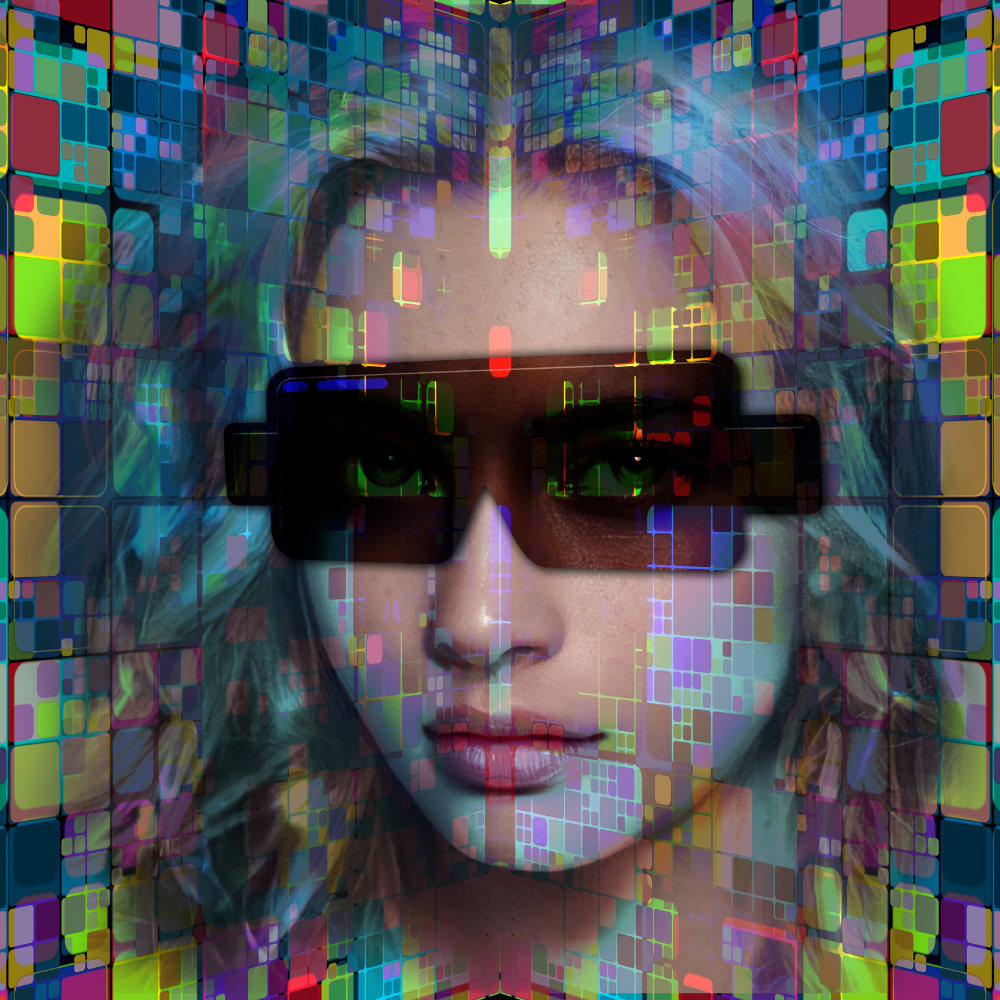In recent years, the concept of the metaverse has captured the imagination of technologists, futurists, and enthusiasts alike. Often likened to a digital parallel universe, the metaverse represents a convergence of virtual and physical realities, where individuals can interact, socialize, work, and play in immersive digital environments. As virtual reality (VR) technology continues to advance at a rapid pace, the metaverse is poised to become the next frontier in digital innovation, offering limitless possibilities for exploration, creativity, and collaboration.
Defining the Metaverse
The term "metaverse" was coined by science fiction author Neal Stephenson in his 1992 novel "Snow Crash," where it described a virtual reality-based successor to the internet. Today, the metaverse refers to a collective virtual space comprised of interconnected virtual worlds, augmented reality (AR) experiences, and immersive digital environments. Unlike traditional online platforms, the metaverse blurs the boundaries between physical and digital spaces, allowing users to seamlessly transition between different virtual experiences.
Immersive Experiences and Virtual Worlds
At the heart of the metaverse are immersive experiences and virtual worlds that offer users the opportunity to explore and interact with digital environments in real-time. From sprawling virtual landscapes to intricately designed virtual cities, these virtual worlds provide a canvas for creativity, expression, and social interaction. Users can customize their avatars, build virtual homes and businesses, attend virtual events and concerts, and participate in a wide range of activities, from gaming and entertainment to education and commerce.
The Evolution of Virtual Reality Technology
Advancements in virtual reality technology have played a significant role in driving the development of the metaverse. From early VR headsets and immersive gaming experiences to more sophisticated spatial computing devices and mixed reality platforms, VR technology has evolved rapidly, enabling increasingly immersive and realistic virtual experiences. Today, cutting-edge VR devices offer high-resolution displays, precise motion tracking, haptic feedback, and spatial audio capabilities, creating truly immersive and engaging virtual environments.
Opportunities and Applications
The metaverse presents a myriad of opportunities across various industries and domains. In the realm of entertainment and gaming, the metaverse offers new avenues for immersive storytelling, interactive experiences, and social gaming communities. In the field of education and training, virtual classrooms and immersive simulations enable experiential learning and skill development in a safe and controlled environment. In the world of business and commerce, the metaverse opens up possibilities for virtual meetings, conferences, and trade shows, as well as virtual storefronts and immersive shopping experiences.
Challenges and Considerations
While the metaverse holds immense promise, it also presents a unique set of challenges and considerations. Issues related to privacy, security, digital rights management, and online safety must be addressed to ensure a safe and inclusive virtual environment for all users. Additionally, questions surrounding ownership, governance, and interoperability will need to be carefully navigated to enable seamless collaboration and interaction across different virtual worlds and platforms.
Navigating the Future of the Metaverse
As we embark on this journey into the metaverse, it's clear that we are entering uncharted territory with vast potential and possibilities. The metaverse represents a paradigm shift in how we interact with digital technology, blurring the lines between the physical and virtual worlds and redefining our concept of reality. By embracing innovation, collaboration, and inclusivity, we have the opportunity to shape the future of the metaverse and unlock its full potential as a transformative force for creativity, connection, and exploration.
In conclusion, the metaverse represents the next frontier in virtual reality technology, offering limitless opportunities for exploration, creativity, and collaboration. As VR technology continues to advance, the metaverse will become an increasingly integral part of our digital lives, shaping the way we work, play, and interact in the virtual world.











